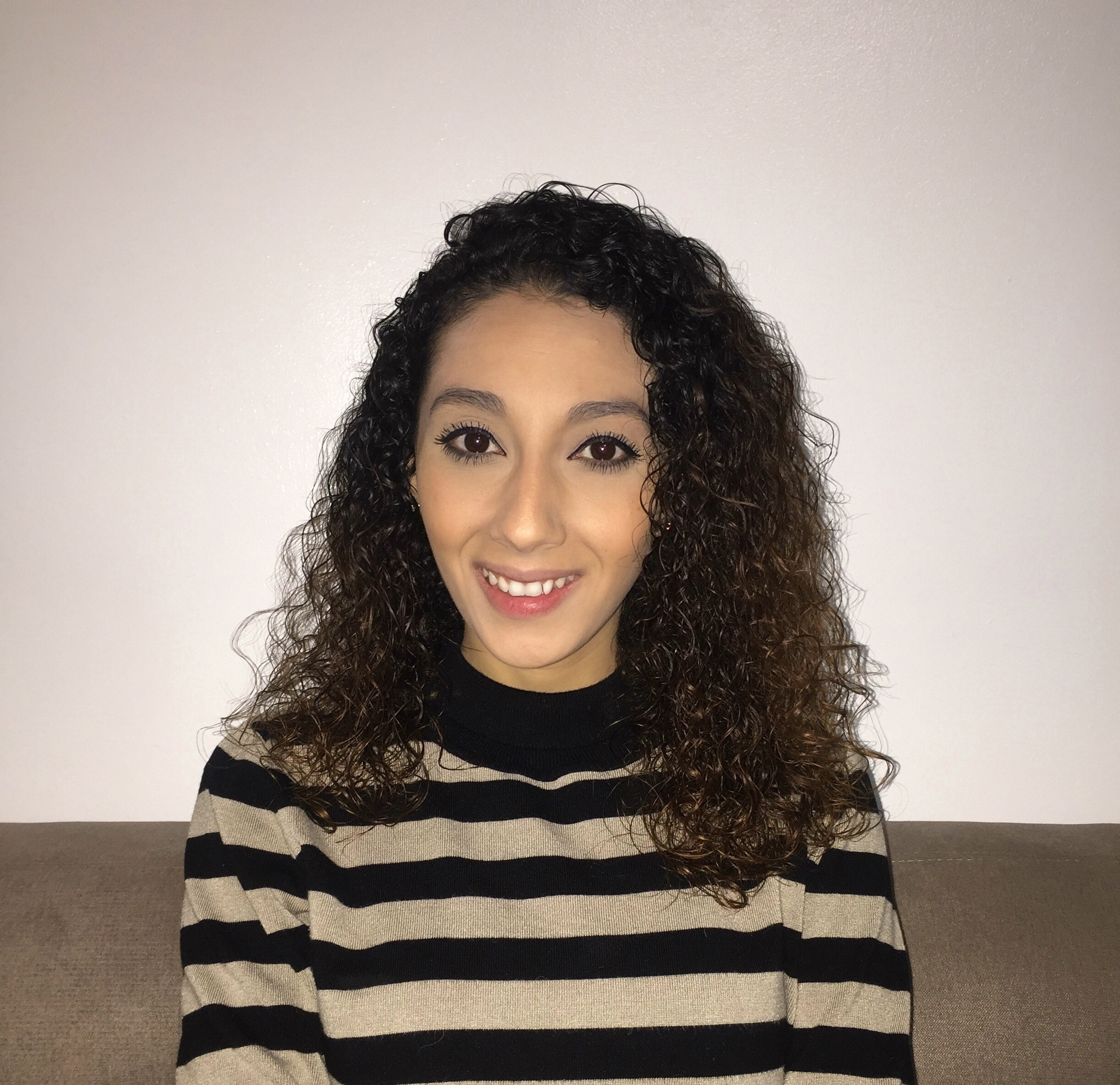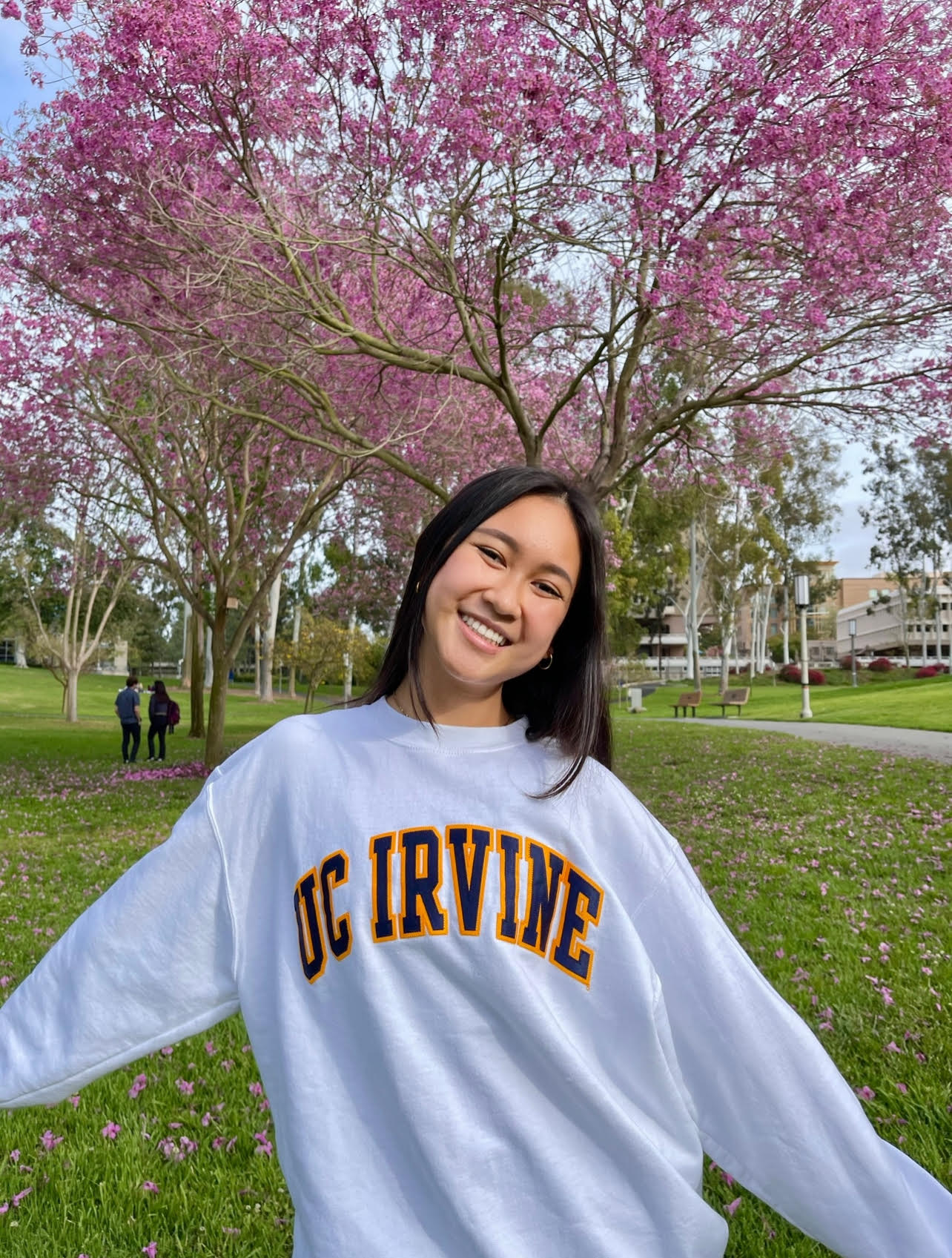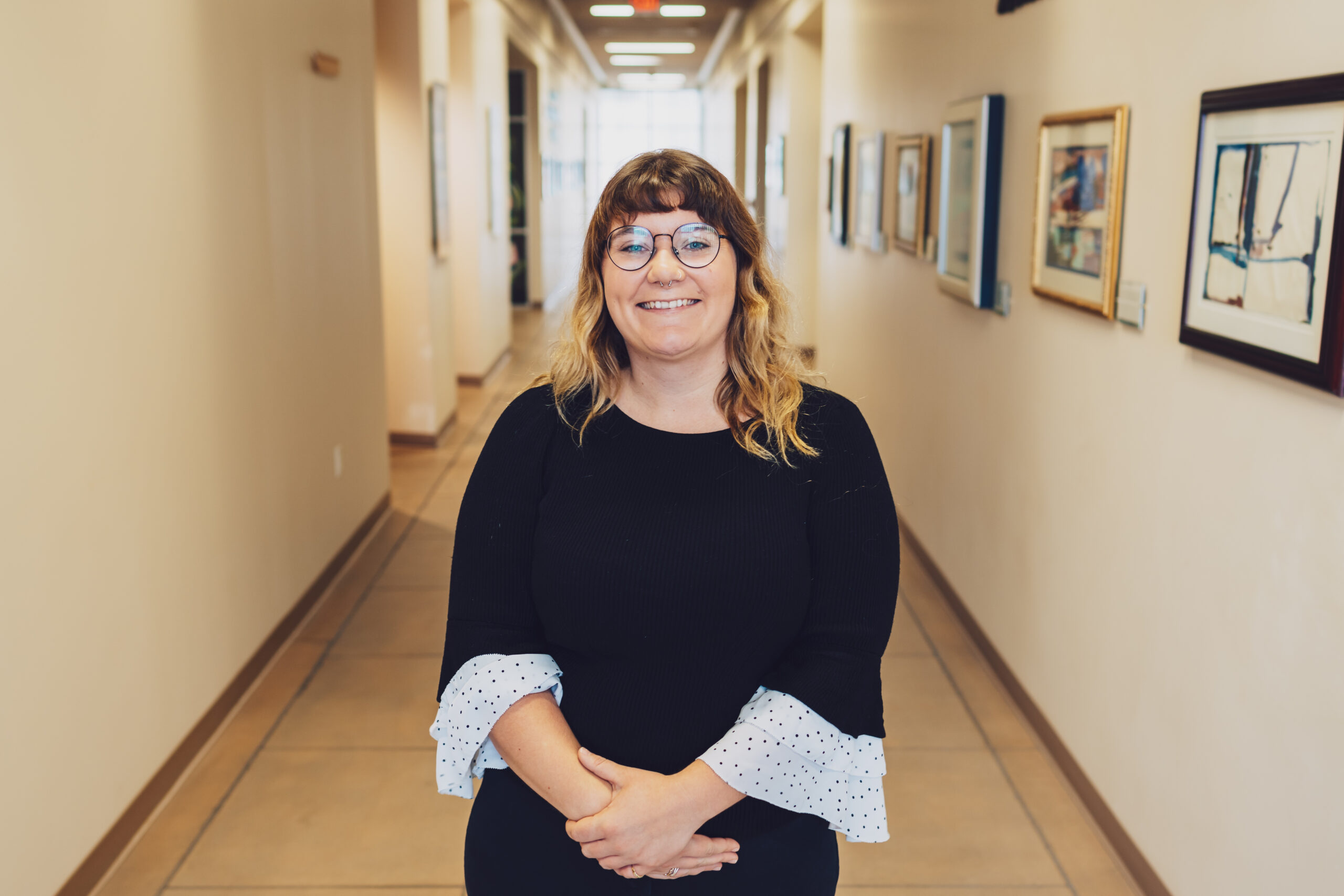Kathleen Treseder, Professor of Ecology and Evolutionary Biology

1. Tell us a little bit about yourself and your journey!
Well I grew up in Utah and I always really liked science and, like a lot of ecologist, my family would take me out hiking in the mountains when it was warm. I learned to appreciate nature that way. One thing I had to deal with growing up is that Utah is a conservative area and I would be told all the time in high school that instead of getting into science I should really focus on getting married early. That I should choose a college based on marriage prospects as opposed to where would be the best place to learn science. Obviously, I didn’t take that advice. I chose my college and graduate program based on what was best for me to do science. I wish I didn’t have that kind of pressure but on the other hand it really helped me get a good sense of who I was and what I stand for and what I want instead of just going along with what other people wanted.
2. How did you get into your field?
In terms of deciding to go into ecology, I was very interested in when I took an AP Bio class in my Junior year and one of the case studies in the ecology study of our textbook told us about the rabbit fence in Australia. When people from Europe colonized Australia they brought in different plants and animals from their own country (usually Britain) because they wanted to do the same things they did back home. One of the animals they brought in was rabbits and the rabbits didn’t have any natural predators in Australia so they just invaded. Australians were very concerned about this so they decided to build a rabbit proof fence down the middle of Australia with the thought to keep the rabbits from invading the other half of the country. Of course, rabbits, being who they are, found some holes in the fence and it didn’t stop them at all. At that point I realized that there are a lot of ecological issues out there like this and we really need to be using the best scientific practices that we have to find solutions to them. Really think about it and and use evidence based decisions.
3. Tell us a little about your research.
Well, the mission of my lab is to study fungi in order to improve our society’s resilience to climate change. Fungi perform a lot of important services in our eco system but they’re in the soil and they’re decaying dead plant matieral and animals while they do that they release CO2 as a byproduct. CO2 is a greenhouse gas and if you total all the CO2 that fungi are releasing from the soil it’s about 10x the amount of CO2 as we do with our human activities such as driving cars. So fungi are really important to keep track of because they can effect of the balance of this greenhouse gas in the atmosphere so one of the things we do is that we go out to different ecosystems like Costa Rica or Northern Alaska or rainforests or the redwood forests or the coastal scrub ecosystems and we will simulate climate change one way or another simulate warming or simulate drought and then we measure how the fungi is responding and from that we can include that information models that we use to predict future climate change and that helps us as a society decide what we need to do. It’ll help us decide where we need sea walls bc sea level rise or where we need to invest for vaccines in an area that would have a disease spread more due to climate change. It helps us make all those decisions better because we have better predictions for climate change.
4. What accomplishments are you most proud of?
I have to say the thing I’m most proud of in my life and I think probably it’s hard for me to imagine me doing anything more important than this but I was a witness for a lawsuit that the UC system filed against the Trump administration. The lawsuit was to prevent the Trump administration from shutting down the DACA program. The DACA program is a program that was started by the Obama administration to give young ppl who came in to the US undocumented a path to citizenship as a way… if they’re in school and doing really well and contributing to society as most immigrants do, documented or not they can stay in school and get the same benefits as documented immigrants. Trump said he would shut it down so the UC sued the administration and one my grad students, Evelyn, was a DACA student at the time and she was very very worried about this. She was afraid of coming into work each day because she was afraid the immigration authorities would come in and try to take her away and arrest or deport her it was very hard for her to research or make long term plans and so she was a witness for this lawsuit and an example of how the UC system would be harmed if the Trump admin removed DACA. She asked me to be a witness because then I could testify to how these actions were harming the other graduate students in the dept and the research we were trying to do. And the Supreme Court ruled in favor of UC. And that saved the DACA program and looking at the Supreme Court’s ruling they specifically mentioned Evelyn’s case as evidence that swayed them. I’m really proud to be a witness to Evelyn’s story and it gave about 800,000 people relief.
5. Who do you look up to? What is your source of inspiration?
I have so many ppl who I look up to. Within the context of my research I still look up to my mentors, undergrad advisor, PECIA? Advisor, post doc advisor they were all really really wonderful and help me out so much. They helped me overcome the challenges and barriers in science so much. I still call them up to this day for advice. They all really stood on principle; it was important to them to the do the right thing. It’s important to them to be honest and have integrity and think about the societal implications of their work. I feel really lucky to have worked with them.
6. What are some of your hobbies/activities outside of work?
I have quite a few but one is the most time-consuming is that I’m running for Irvine City Council. And the reason is that I’m running is because Irvine is taking huge steps towards climate action. The city needs scientific expertise in the room to really make the best decisions and going back to the rabbit proof fence you need to use evidence based practices so I would like to get into City Council to contribute what I know about best ways to address climate change.
7. Favorite comfort food?
My favorite is kraft deluxe macaroni and cheese. It’s so good. That’s something my mom would make growing up. We were not well off financially so that was really a big thing to have the deluxe version. To this day when I really need that I make it.
8. What is a show you’re obsessed with right now?
I just love Real Housewives of Salt Lake City. The current season is just amazing. There is so much drama!
9. What is one piece of advice you can give to young women entering their careers?
It’s hard. I just want to say it’s very hard for women in the sciences. Women love science but science doesn’t always love women. We see the pipeline of women leaving at every stage of their career and it’s not because women don’t like science, it’s not. Its because it’s hard to do science when we’re not supported. I have to say though I don’t feel that way in our school at UCI. I feel very supported. I would just say don’t lose sight of your passion and why you got into science. See if you can find a way you can remember that and experience it again when you’re facing the tough time and making sure you know what you’re worth. You have dignity and worth beyond measure. Don’t forget it. Remember that you deserve to be treated well. Don’t give up something you really really like.
10. Please share your social media handles and/or website if you would like to connect and promote!.
Twitter and Instagram: @drtreseder
Facebook: artemisia.californica.3




